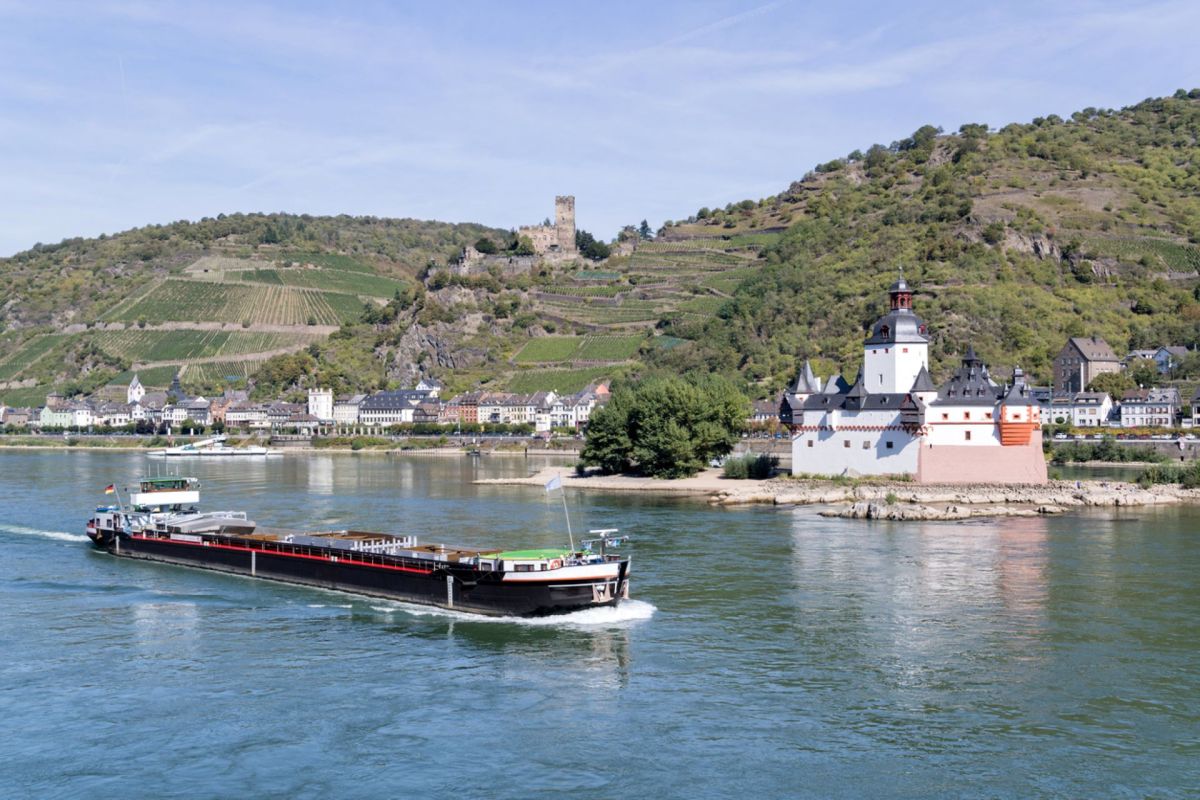It's a headline that reads like a lyric from Hank Williams Jr.'s "A Country Boy Can Survive." Only, instead of the Mississippi River "a-goin' dry" (a real concern, too), Europe's Rhine River is too high.
As a result, shipping on the crucial waterway is being delayed, according to Reuters. It's a 180-degree turn, as the river has experienced low water levels due to "unusually dry summers in recent years," per the story.
What's causing the water to rise?
The Guardian reported the water levels to be "critically high" in mid-December due to rainfall and snowmelt.
While climate experts can't link every severe weather–related event to the planet's overheating, NPR reports that scientists see more correlations.
"It's a reminder that the risk of extreme events is growing, and they're affecting every corner of the world," National Oceanographic and Atmospheric Administration chief scientist Sarah Kapnick told NPR as part of a broader story on the climate.
Why is the Rhine's water level important?
More than 300 million tons of goods are moved on the Rhine's waters from Switzerland to the North Sea every year, according to the International Commission to Protect the Rhine.
The high water levels stop ships that can't pass safely under bridges. The conditions compound shipping woes from the summer, when the droughts made water levels too low for navigation, per the Guardian.
What's being done to help?
The shipping industry is beginning to invest in cleaner ways to power vessels, including revamped sail technology. By embracing electric propulsion in ships, planes, and cars, industry leaders and the rest of us can all contribute to less planet-warming air pollution.
It's also important to understand how changing weather patterns impact your neck of the woods. You don't have to live along the Rhine River to experience unprecedented circumstances.
Shifting tornado alleys and wildfire risks are among the factors of growing importance to insurers in the United States. Axios released a group of maps this fall that show areas of the country that could see property insurance rate hikes due to wind, fire, and flood risks.
A little research ahead of your next move could result in substantial savings.
"Insurers are changing how they factor climate and extreme weather risks into the premiums they charge for coverage, while some are suspending coverage altogether," Axios writer Brianna Crane wrote in the story.
Join our free newsletter for cool news and actionable info that makes it easy to help yourself while helping the planet.









